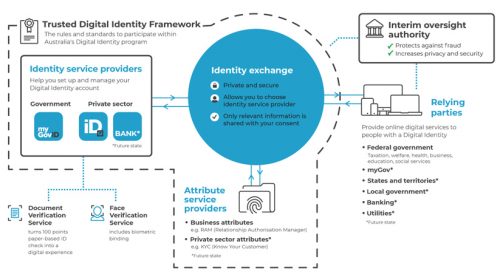Court: Tourism group funded with public money can keep its records quiet
Posted By Steve Miller On July 3, 2015 @ 4:00 am
By Steve Miller| Texas Watchdog
The state’s Supreme Court says you can’t see how an economic development group spends public money.
It doesn’t matter if that group is doing the bidding for your city and is receiving hundreds of thousands in taxpayer money to do it. The money doesn’t sustain it, the Supreme Court of Texas ruled last week.
The ruling quells, at least for now, the efforts of inquisitive residents who want to know just who’s getting what in the name of tourism or economic expansion.
“This leaves the government in the position of appropriating money for general support of an organization, and that organization never has to account for that money,” said Joe Larsen, an open records lawyer in Houston and board member of the Freedom of Information Foundation of Texas.
The ruling halts the five-year crusade of Woodlands resident Jim Jenkins to obtain the check registers for 2007 and 2008 of the Greater Houston Partnership, a tax-exempt group that for years got hundreds of thousands of dollars from the city of Houston — as well as the Houston Airport System, Harris County and the Port of Houston Authority to promote tourism in the region.
“Amidst all the argument attempting to classify GHP as a governmental body, it is worth recalling precisely what GHP is not: GHP is not a government agency, nor is it a quasi-public agency specifically listed under the Texas Government Code as a ‘governmental body,’” reads the majority opinion[2] in the 6-3 decision. “GHP does not rely on its government contracts to sustain itself as a going concern; as all parties acknowledge, the government funds it receives constitute a relatively minuscule portion of GHP’s annual budget.”
The majority rejected the Kneeland test used in previous rulings on the case. The test, named after a case in which a Texas broadcaster, Carole Kneeland, successfully challenged the NCAA to obtain records from a college football program, established a precedent for determining if a private entity receiving public money is subject to open records.
Instead, the court boiled it down to whether the GHP was sustained by public funds, applying a strict formula that required nearly full support from public money to make the agency subject to open records.
The court reversed the decisions of a district court[3] and an appellate court[4], both of which relied on the Kneeland test to determine it was subject to open records.
The GHP sued the state Attorney General’s office[5] in 2008 after it ruled the agency was subject to the state’s public records law. In subsequent rulings in 2011[6] and 2012[7] , the Attorney General’s office continued to assert the GHP was subject to the law.
The three dissenting justices filed a 50-page opinion[8] — almost twice as long as the majority’s ruling — and detailed the GHP’s agreement with the city of Houston in 2007 and 2008, during which the GHP was given $785,000 annually to increase investment in the Houston area.
“I would hold that the Greater Houston Partnership was supported in whole or in part by public funds and would thus agree with the Attorney General, the trial court, and the court of appeals that the Partnership is a governmental body for purposes of Jenkins’s public information requests,” the dissent opinion, authored by Justice Jeff Boyd, concluded.
The open records division of the state Attorney General’s office backed Jenkins, who contended that because the partnership took public money for public, general purposes it was therefore subject to open records.
The public has for years accessed the records of economic development groups funded by public entities. Private, tax-exempt groups in Dallas, Bryan and Arlington have been ruled by the Attorney General to be subject to open records. In those cases, the exchange of money was not paying for “measurable” services but instead functioned as operating money for unspecific goals.
The Arlington Economic Development Foundation in particular was found to be public based on the fact it received public money without the specificity that is used in a vendor-customer relationship. That arrangement failed “to impose on the foundation a specific and definite obligation to provide a measurable amount of services in exchange for a certain amount of money, as one would expect to find in a typical arms-length contract,” which would make the group a vendor and unlikely to have its records be determined as public.
The GHP case began in 2008 when Jenkins, a local muckraker, noticed an area developer was involved with the agency.
“I was actually interested in the spending of the Woodlands,” Jenkins said. “I saw the Woodlands Town Center had given money to the partnership, and I wanted to know what the partnership was spending (that) money on. They fought and fought. The (partnership) could have just given up the check register for the money that it got from the government entities. But they didn’t do that.”
See the contract between the town center district and the GHP that launched the case before the courts here [9].
As the case wound through the courts, state Sen. Jeff Wentworth introduced legislation in 2011[10] that would make certain information of chambers of commerce and economic development groups subject to public records, provided that information is related to public funds paid.
The measure passed the Senate but had no support in the House and died.
“The city of Houston paid the Greater Houston Partnership a set amount every quarter and the partnership afterward would say, ‘This is what we did,’ “ said Larsen, the Houston attorney. “And the court threw that out the window.”











